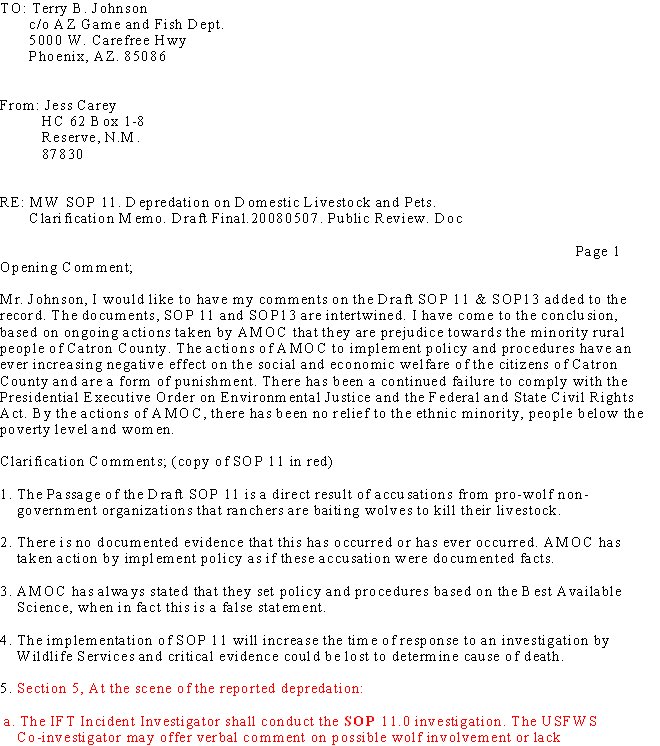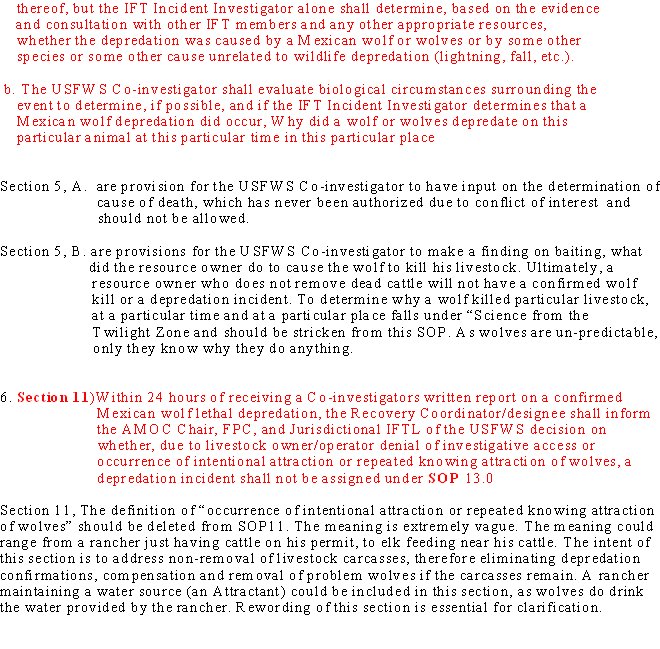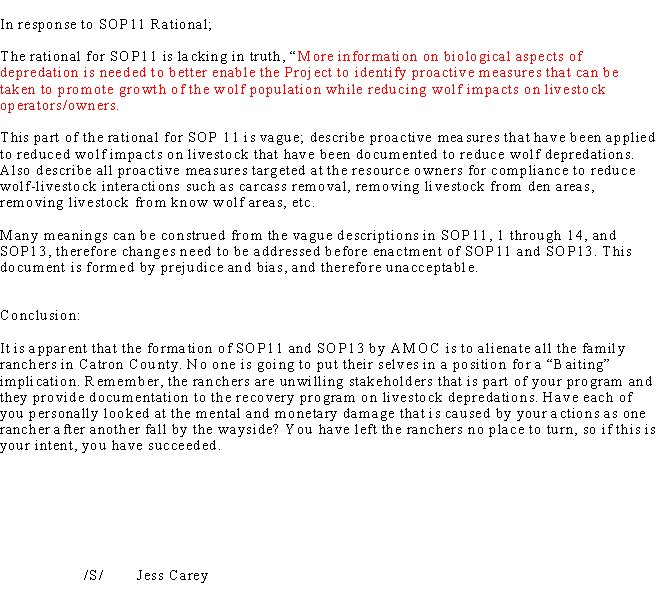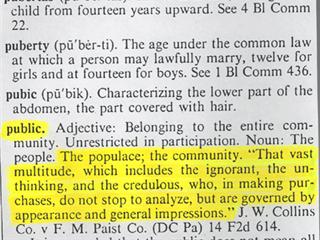Submitted by Gary Stevens from Organ, NM. Gary is origninally from Maine and a regular contributor to the blog.
Drinking the Green Kool-Aid
Opinion: Guest Column
Jon Reisman
Maine has a reputation of being pretty “green.” Thanks to the Natural Resources Council of Maine, Maine Audubon, and a bevy of taxpayer-subsidized nongovernment organizations, the environmental left has had a very “successful” track record in this state. Maine’s environmental left has successfully demonized corporate capitalism, perfected apocalyptic fearmongering as an agenda-setting and fundraising strategy, established environmentalism as a secular state religion (with taxpayers filling up the collection plate), all the while managing to avoid any accountability for the negative consequences of their actions. Who says it’s not easy being green?
Maine’s green agenda is even sporting a new buzzword: “sustainability.” Sustainability is at first glance an appealing concept. The idea behind sustainability is “Don’t eat the seed corn,” or more formally, don’t take actions that reduce the opportunities and prospects of coming generations. Wrapped in the politically correct swaddling clothes of the United Nations 1987 Report on the Environment (Agenda 21, or the Brundtland Report), everyone wants to be “sustainable.”
There may be near unanimous agreement on desiring good stewardship and sustainability of natural and human resources, but there is no agreement on what exactly that might mean in practice. What is or is not “sustainable” depends on assumptions about technological change, economic systems, and human nature. Thomas Malthus (father of the population explosion hysteria) made such assumptions and predicted mankind’s collapse. His heirs in today’s environmental movement employ similar tactics. Predicting apocalypse and crying wolf get you attention and funding—especially if you take steps to assure you won’t be held accountable for repeatedly and incorrectly crying wolf.
Global warming is the latest and most successful effort along these lines. Al Gore got a Nobel Prize for it. And after all, bending a little science in the name of saving the planet isn’t really a mortal sin, is it? Just a little green lie.
I am a member of the environmental right. We don’t have too many members here in Maine, certainly not in our U.S. Congressional offices or mainstream media. The environmental right includes a fellow named Bjorn Lomborg, mathematician, professor, and author of The Skeptical Environmentalist. Lomborg has this annoying habit of looking at the data (usually United Nations data) and he keeps coming back with a conclusion the wolf criers cannot abide—that air and water quality are getting better, human longevity and welfare are improving, and spending trillions of dollars to reduce greenhouse gas emissions will not avert global warming but will actually make us both poorer and less sustainable. As a result of such heretical statements, the environmental left sought to silence and demonize Lomborg. In my opinion, he should have gotten the Nobel Prize.
As part of Maine’s efforts to “fight” climate change, in August 2001 Maine signed an agreement with the Maritime Provinces and the other New England states to reduce our greenhouse gas emissions. The New England Governors/Eastern Canadian Premiers Climate Change Action Plan is essentially an updated regional version of the infamous Kyoto Protocol. (The Kyoto Protocol was of course famously rejected by President Bush in April of 2001. Somewhat less famously, the U.S. Senate rejected the terms of Kyoto 95–0 in 1997, and President Clinton, for some reason, never took it to the Senate for ratification after that.) Maine has also signed an agreement with a number of other “blue” states to implement reductions in greenhouse gas emissions, called the Regional Greenhouse Gas Initiative. This initiative, like the Kyoto Protocol, will stealthily and perhaps substantially raise energy prices, yet will avert essentially no global warming. Legislation to require disclosure of those facts was derailed by Maine’s environmental left in 2005. It seems that transparency, honesty, and accountability just won’t do in climate change policy.
There is also the small matter of the U.S. Constitution, which forbids such interstate and international agreements without the consent of Congress (Article 1, Section 10, Clause 3). Even though Senators Snowe and Collins and Representative Michaud profess to support Maine’s climate change policy efforts, they each have refused to seek congressional approval of these agreements. Attorney General Steven Rowe has indicated that under his reading of the Constitution no congressional approval is required. Apparently the green kool-aid makes details like upholding the Constitution downright distasteful.
Perhaps someday the environmental left’s stranglehold on Maine’s political culture will be broken. If that ever happens, here are the principles that must guide environmental policy:
• Good stewardship is based on facts not fears. Careful cost- and risk-benefit analysis should govern decision making, as opposed to emotional fearmongering designed to make the case for aggressive intervention.
• Wealth makes health. Growing successful economies are essential to environmental quality because they provide both the means and the desire to protect the environment. The worst environmental problems are in the third world; the cleanest environments are in developed countries.
• Technological innovation and entrepreneurship are critical for human progress. Policies that discourage prudent risk taking and new technologies out of excessive risk aversion and/or fear of technology (the precautionary principle) should not be adopted. Stifling the development of new technologies through excessive regulations only condemns much of humanity to poverty and hopelessness.
• Socialism is not sustainable. Policy prescriptions which decrease private ownership and control of the economy (capitalism) are not consistent with economic growth and will ultimately decrease both human well-being and environmental quality.
The day “green” looks like that, even I’ll drink the kool-aid.
Jon Reisman teaches environmental policy at the University of Maine at Machias and statewide over the web. He is a Republican candidate for House District 30, running from Cobscook Bay to the Hancock County Highlands. He can be contacted at jreisman@maine.edu.
Posts and Comments from Readers
Please include yourself in the discussion. Post a comment.
Thursday, March 13, 2008
JON REISMAN: DRINKING THE GREEN KOOL-AID
Labels:
GARY STEVENS,
GREEN KOOL-AID,
MAINE
Subscribe to:
Post Comments (Atom)



















.jpg)


















No comments:
Post a Comment